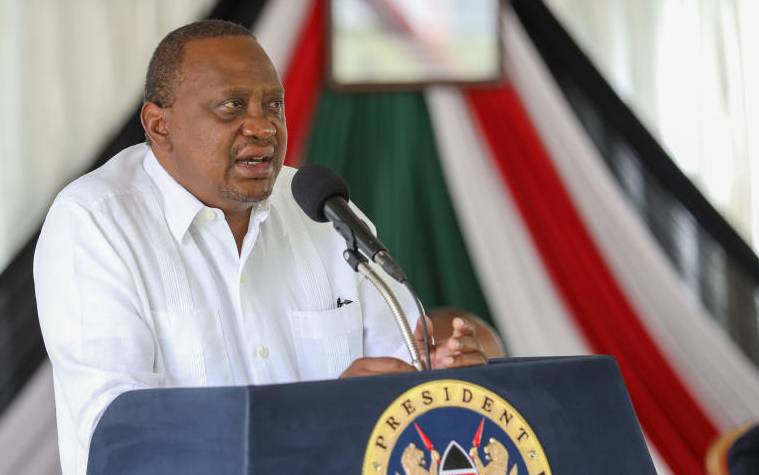×
The Standard e-Paper
Kenya’s Boldest Voice

President Uhuru Kenyatta (pictured) yesterday confirmed workers’ worst nightmare; that jobs will be lost to the coronavirus. The president then promised tax interventions but fell short on specifics.